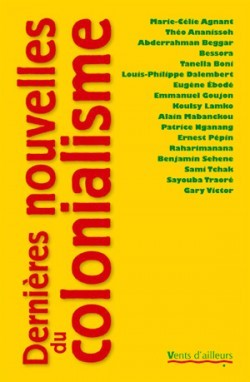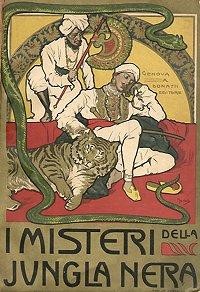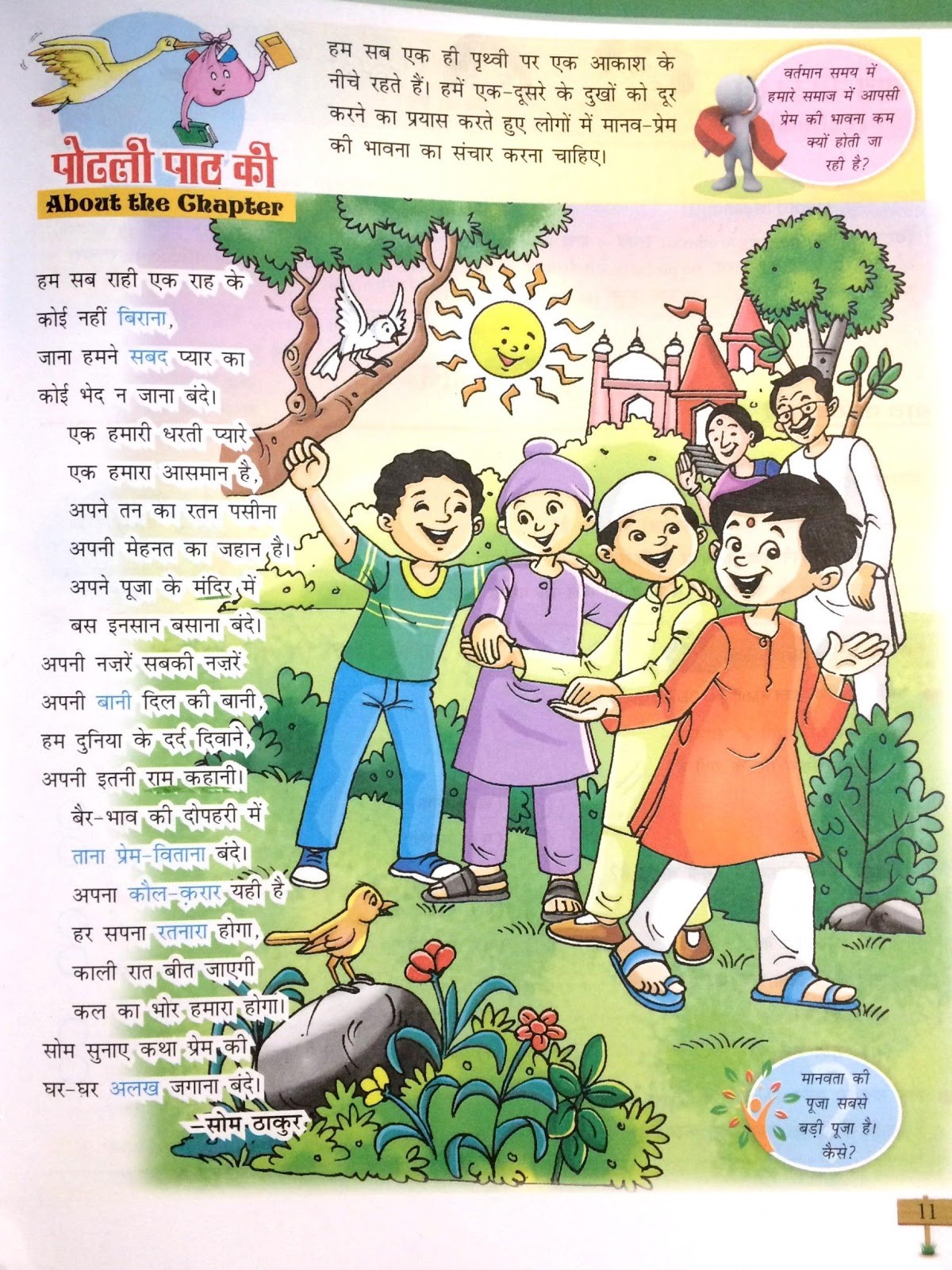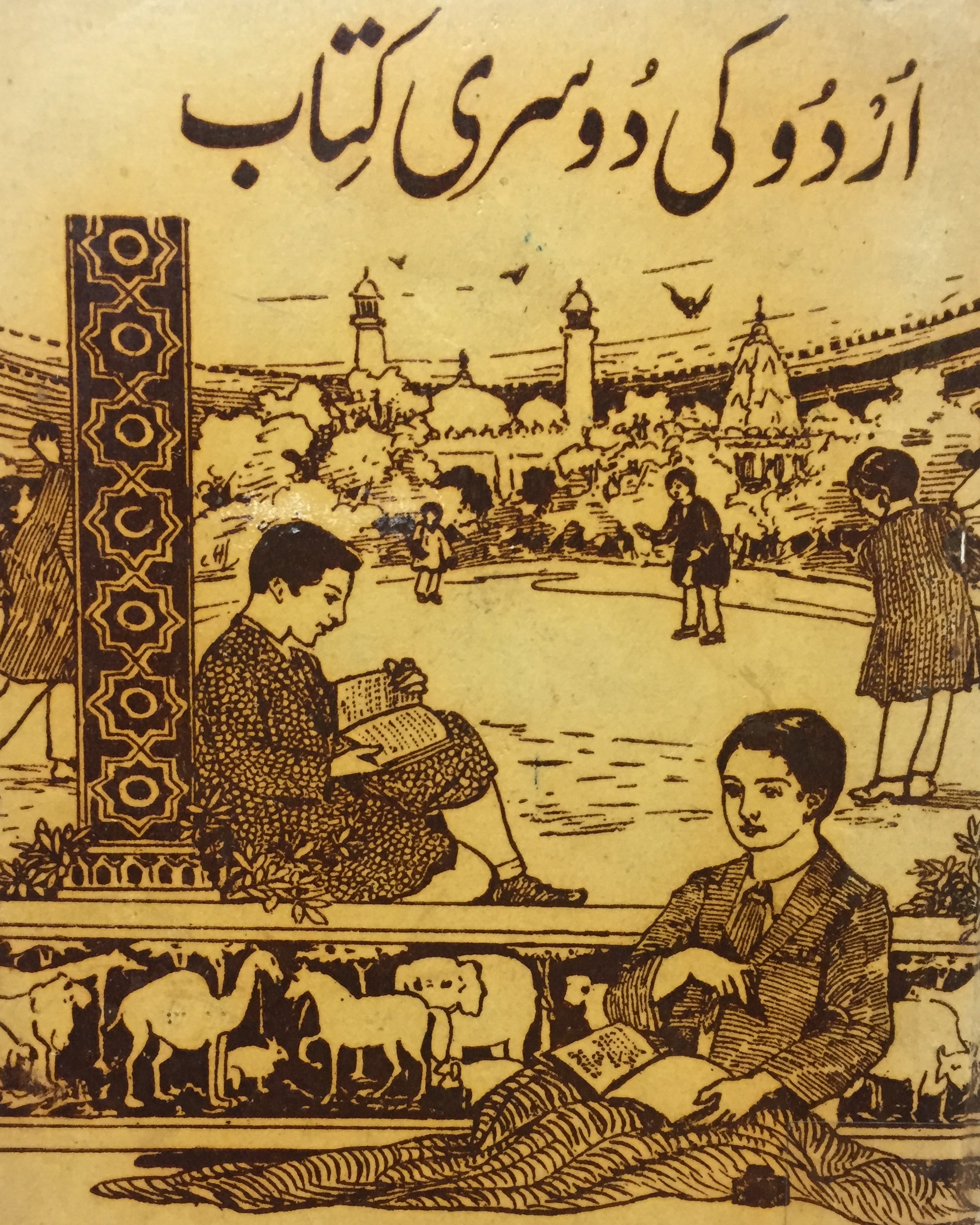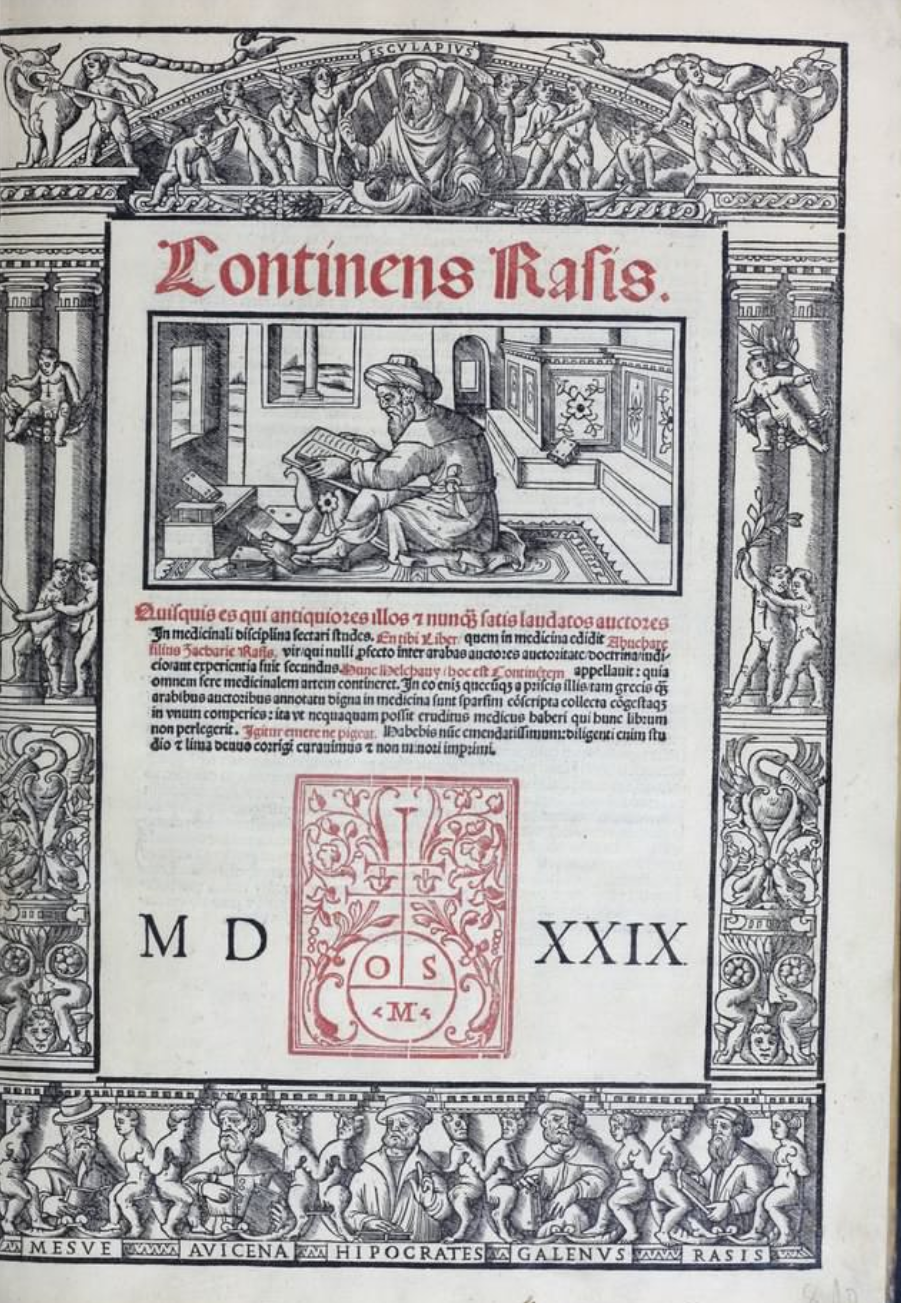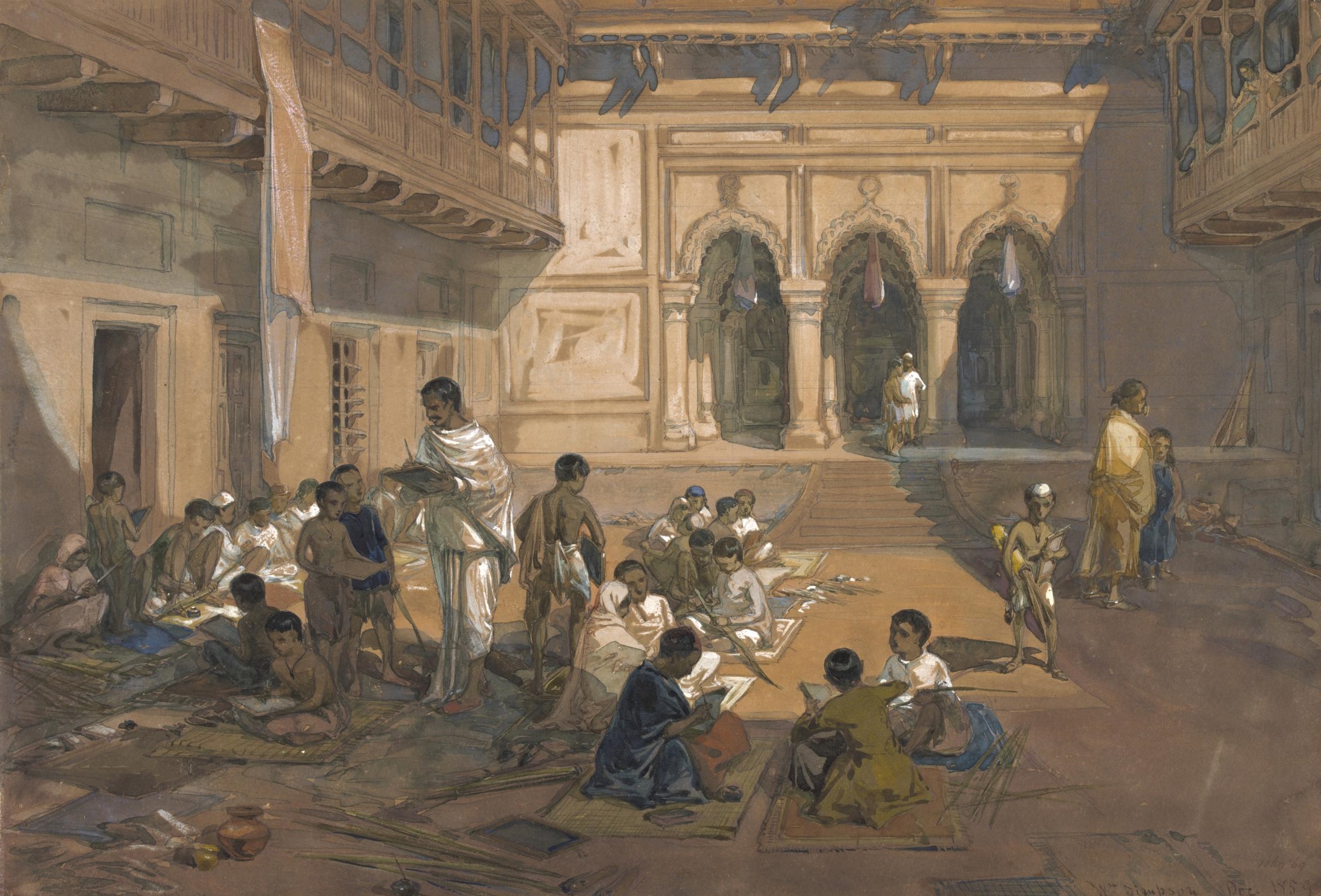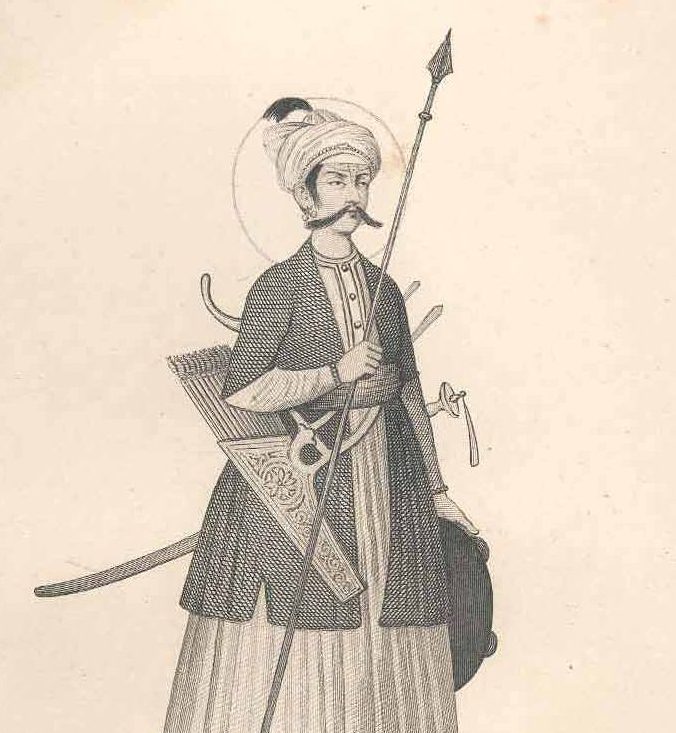A focus on education offers a lens through which to study ideological state apparatuses and the relationship between literary authors and political power.
MULOSIGE Reading List: The Significant Literary Geographies of African Festivals
In an era where cultural festivals multiply, so-called African festivals have spread in Africa, but also outside of Africa, in major cities as well as in little-known villages, for example in provincial France. What are some of their implications and effects in the case of francophone African literature?




